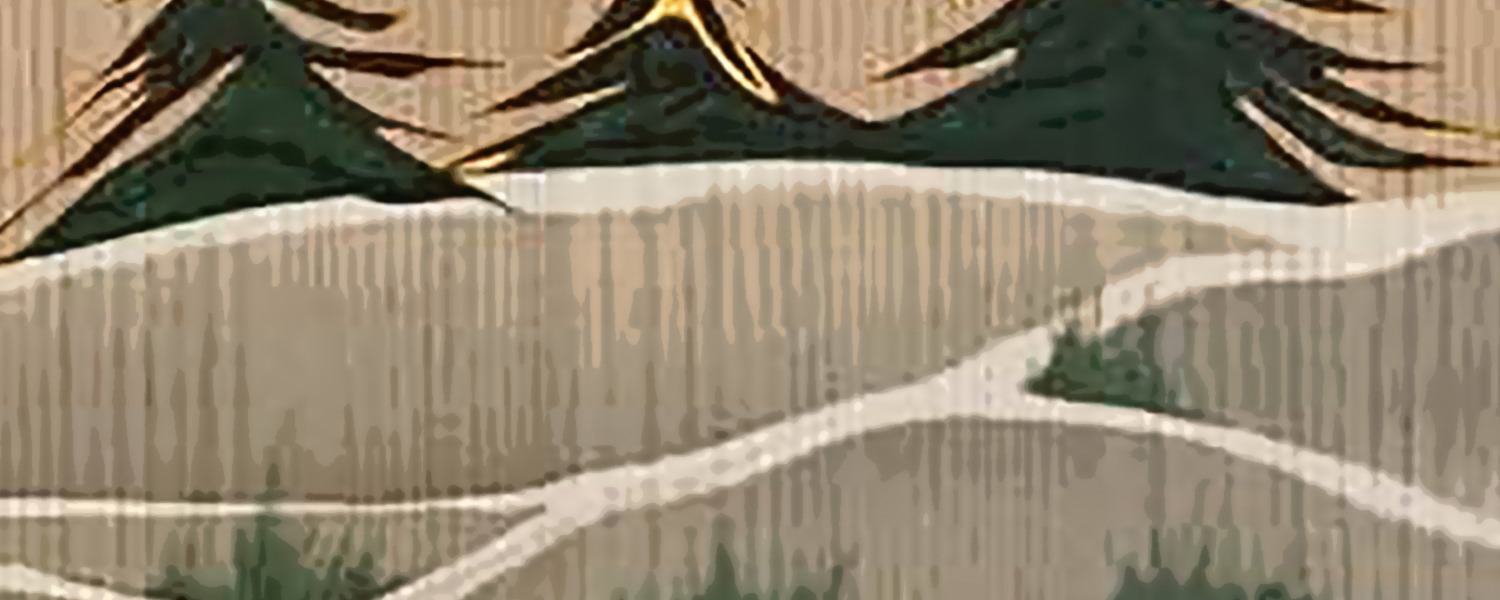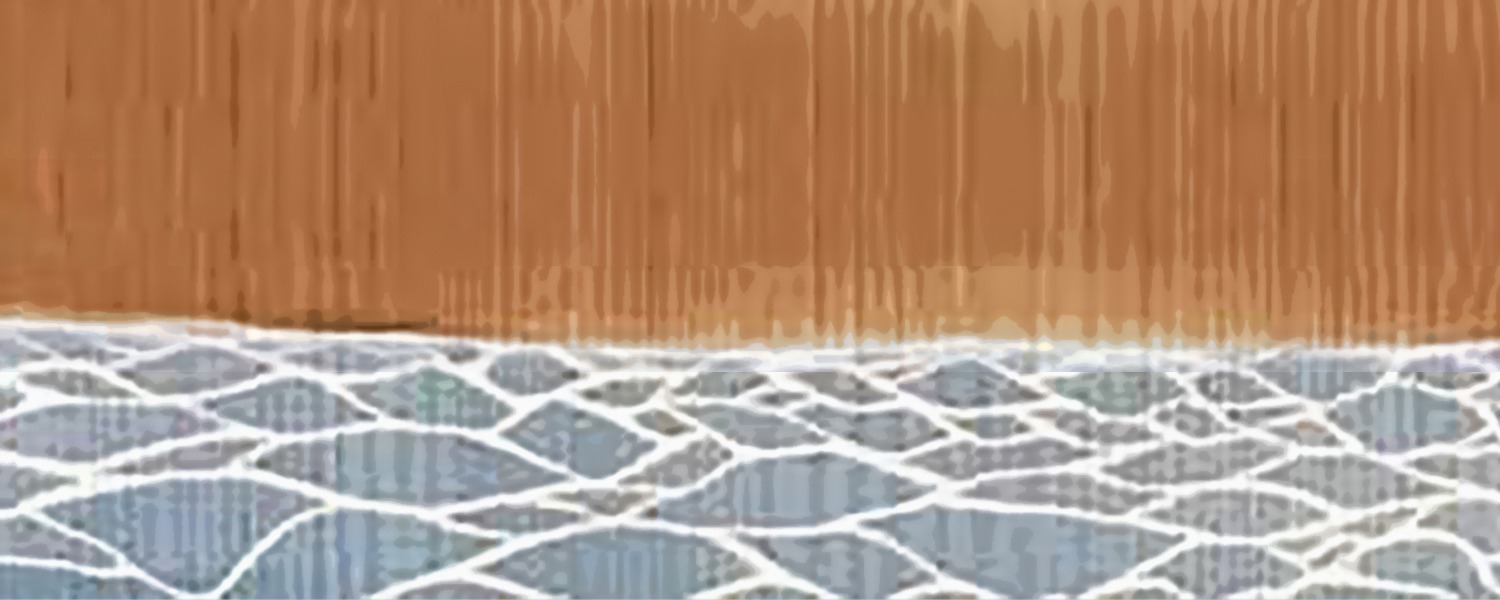Maurice Duplessis, the Quebec Premier in the 1950’s and early 60’s, thought that since the granting of liquor licences was in the exclusive jurisdiction of the province, he could refuse Mr Roncarelli’s request for a liquor license because he was a supporter of the civil liberties of the Jehovah’s Witnesses in his province. The Supreme Court of Canada came to the conclusion – long before there was a Charter of Rights – that the Premier did not in fact have unlimited power, and that he could only exercise his discretion under the law in a way that respected due process and a duty of fairness.
While every law student knows about this case – Roncarelli v Duplessis – it now deserves to be more widely known and understood. Ontarians are experiencing our own “Roncarelli moment”.
Two Ontario judges have recently struck down provincial statutes because those statutes don’t respect the rule of law. In the Tesla case, Mr Justice Myers cited Roncarelli when he found that the Ford government couldn’t single out Tesla buyers in a discriminatory way and refuse them a rebate that they granted to every other purchaser of electric cars. He also noted various comments of the Premier that showed he was fully aware that he was acting in a discriminatory way, and that the law was crafted with the specific purpose of disallowing claims from Tesla customers.
Mr Justice Belobaba found that the decision by the Ford government to cut the size of Toronto City Council in the middle of a municipal election ran counter to freedoms protected by the Charter of Rights and Freedoms. The Premier’s response to this was to say “I am elected. The Judge is appointed”, and to announce that he will now use the notwithstanding clause to override the judge’s decision.
The Supreme Court of Canada has rightly pointed out that the Charter does not so much create rights as recognize rights that have long existed. The thrust of Judge Belobaba’s decision was that changing election rules in the middle of an election was a breach of important democratic freedoms. The judgment is hardly revolutionary or unreasonable. It was the same as the judgment expressed by many Torontonians who felt that deliberately disrupting an election for 2.3 million people was not the way democratic decisions should be made.
This is not Canada’s first experience of demagoguery – but it is an indication of where we have now fallen. We are in the middle of a fight that is far bigger than which customers get car rebates or how many councillors should sit around the Toronto Council table. It is about the rule of law, the limits on unbridled power, and the respect we should all show for the protection of rights that are there for us all.
Bob Rae is a senior partner at OKT, former Premier of Ontario and Member of Parliament.
Related Posts

Supreme Court applies Charter to Indigenous Governments, but protects “Indigenous difference"
Tuesday, April 23, 2024
The Supreme Court’s recent decision in Dickson v Vuntut Gwitchin interprets the relationship between individual Charter rights and freedoms, and Indigenous collective rights.1 A majority of…
Read More...
The Charter versus Aboriginal Rights? Supreme Court Releases Decision on Dickson v Vuntut Gwitchin
Thursday, March 28, 2024
Today, the Supreme Court released Dickson v Vuntut Gwitchin, 2024 SCC 10 (Dickson), an important decision that interprets the relationship between individual Charter rights and…
Read More...
Opportunity for renewing treaty federalism, recognizing Canada’s legal pluralism, part two
Courts have ruled that Indian Act governments are subject to the Charter; however, they operate under delegated authority. The exercise of inherent power is distinct. Neither the Crown nor any of…
Read More...
